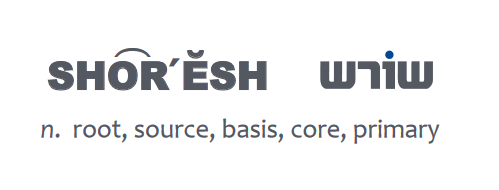

Our Story
Why we established Shoresh
“In 1999, I happened to look at data on Israel through a professional lens for the first time,” relates Professor Dan Ben-David, a Tel-Aviv University economist. “What I saw changed my life. While Israel has state-of-the art universities, a cutting edge hi-tech sector and medical professionals at the top of their field internationally, the average amount produced by Israelis per hour (often referred to as labor productivity) is not only among the lowest in the developed world – it has been steadily falling further and further behind the leading developed world countries for over four decades.” Read More
“If Israel does not implement some fundamental policy changes while it is still able to do so, this will not end well…” asserts Ben-David, a macroeconomist specializing in economic growth and international trade who served as advisor to the World Bank and the World Trade Organization in the 1990’s and early 2000’s. “Israel is situated on a socioeconomic trajectory that is simply unsustainable in the long run.”
Following this discovery, Ben-David increasingly shifted the focus of his research from academic topics to Israel’s fundamental socioeconomic challenges. As he delved more deeply into the underlying determinants of Israel’s relatively low economic growth, high income gaps and poverty rates, he began collaborating on the policy research with some of Israel’s top academic researchers and sharing the findings with Israel’s leading policy makers (including every Israeli prime minister since 2000) and policy-shapers.
These collaborations evolved over the years, taking on different forms. In 2015, Professor Dan Ben-David and Professor Ayal Kimhi, a Hebrew University economist, established the Shoresh Institution to fill a vacuum – the need for an independent Israeli policy research institution whose sole raison d’être is its focus on the root (shoresh) domestic challenges that pose existential threats to the country in the long-run.
Shoresh’s goal is to provide Israel’s policy-makers and all those who care about Israel with reliable academic-level findings and evidence-based analyses in clear and accessible language. These are fundamental building blocks essential for enabling strategic perspectives and comprehensive systemic solutions.
The apolitical nature of the Shoresh Institution – which differs from the more common research center model of advocacy – makes it a unique and important source of impartial information. The experienced Shoresh team is a highly respected and trusted leader in its field, whose findings are cited by Israel’s top policy-makers spanning the political spectrum. Collapse
Shoresh Institution Objectives
Spotlighting the root socioeconomic challenges that pose a threat to Israel’s existence and development.
Moving the policy discourse and its implementation toward a focus on Israel’s root problems and their treatment within a long-term perspective and through a change in national priorities.
Motivating policy-makers to take actions that serve Israel’s long-term interests.
Our team
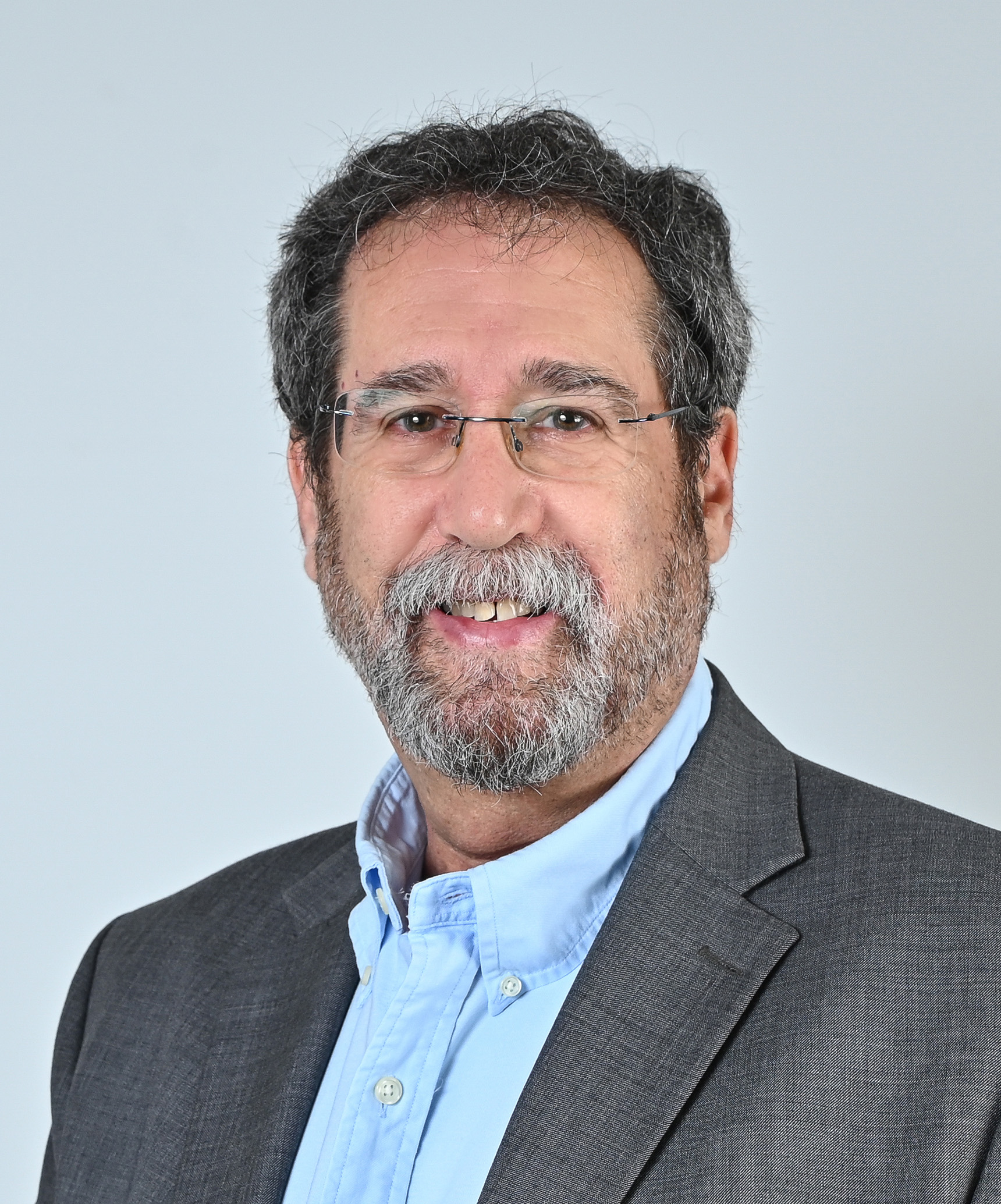
Prof. Dan Ben-David
President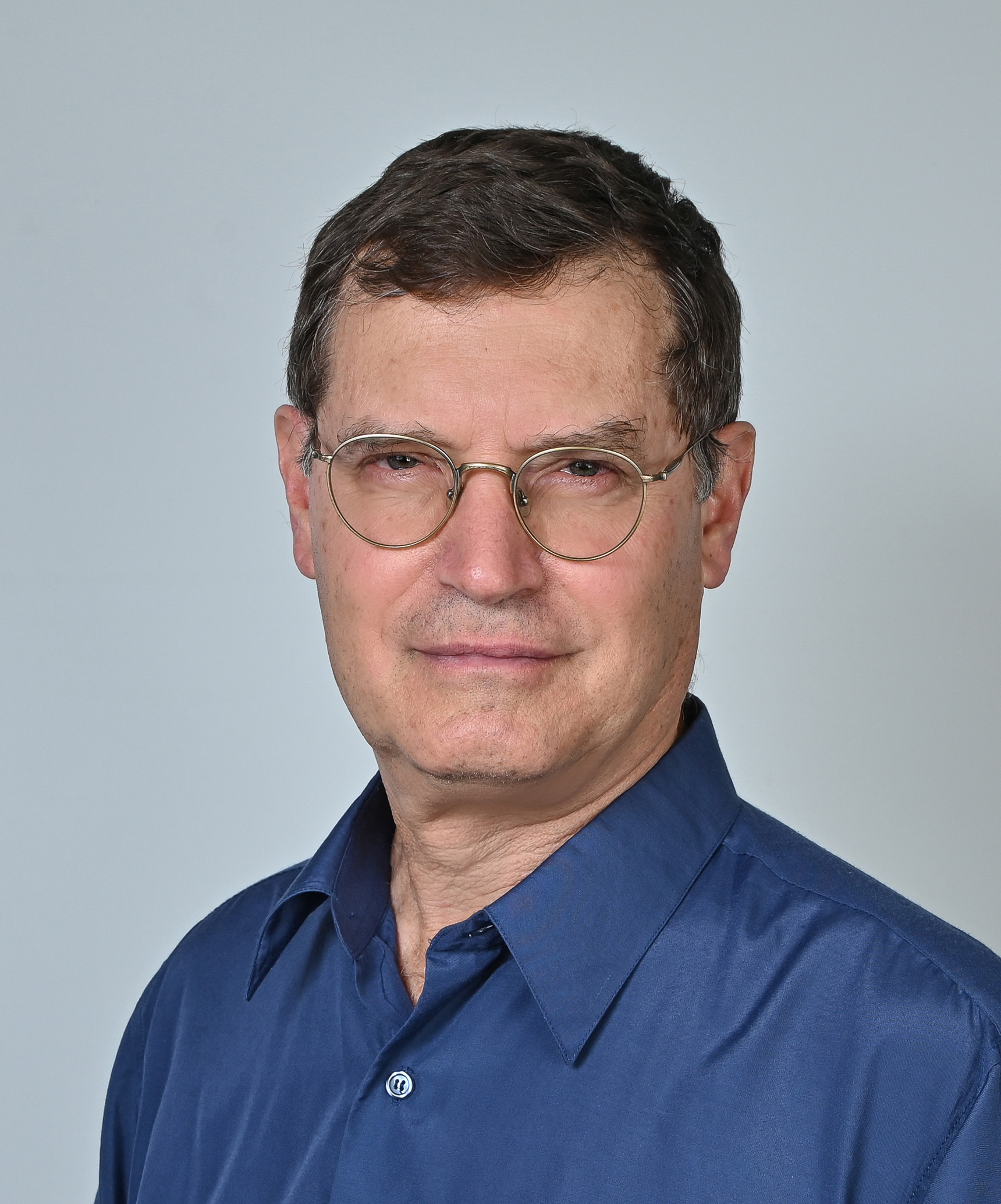
Prof. Ayal Kimhi
Vice President and Head of Research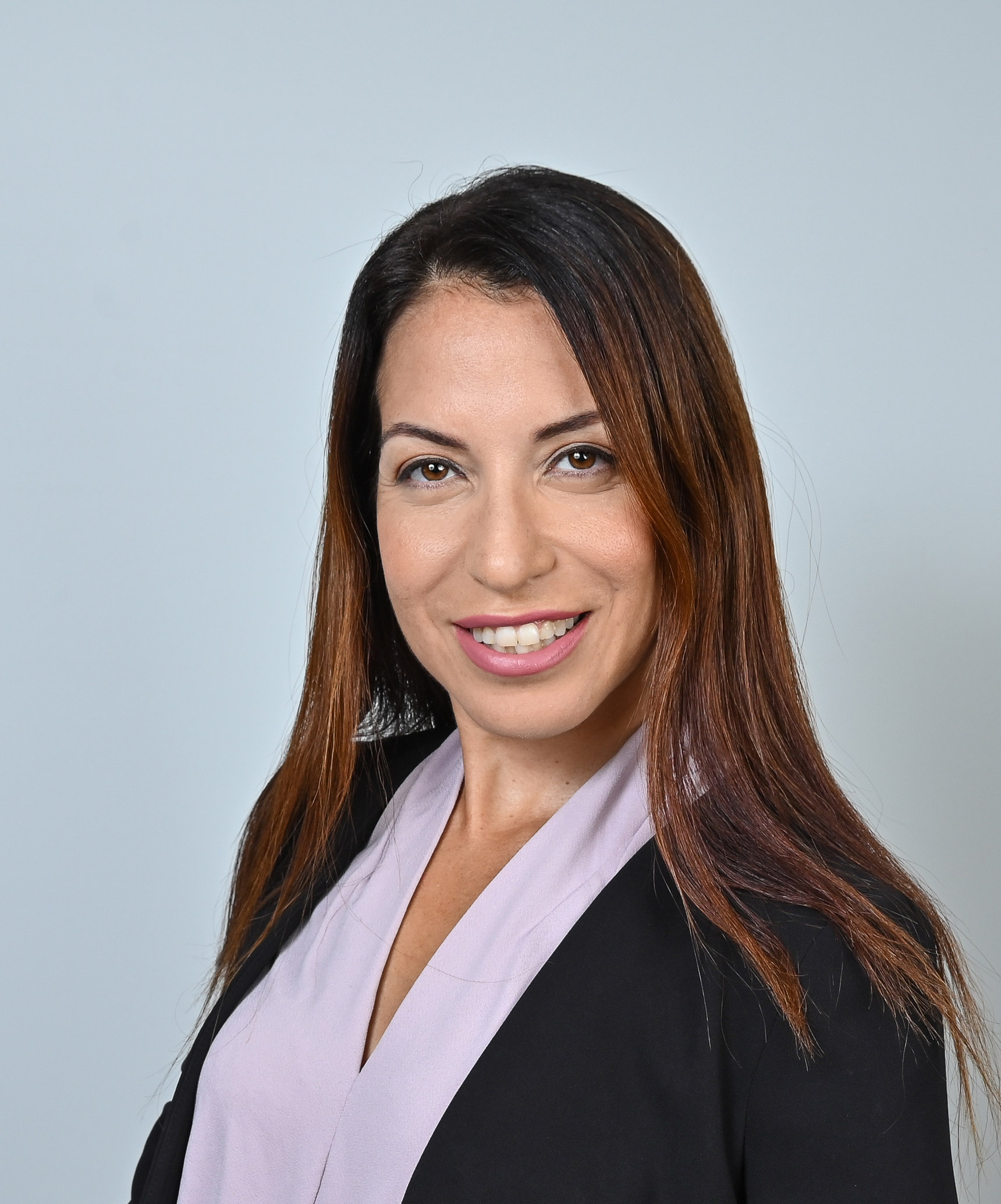
Dr. Sagit Azary-Viesel
Researcher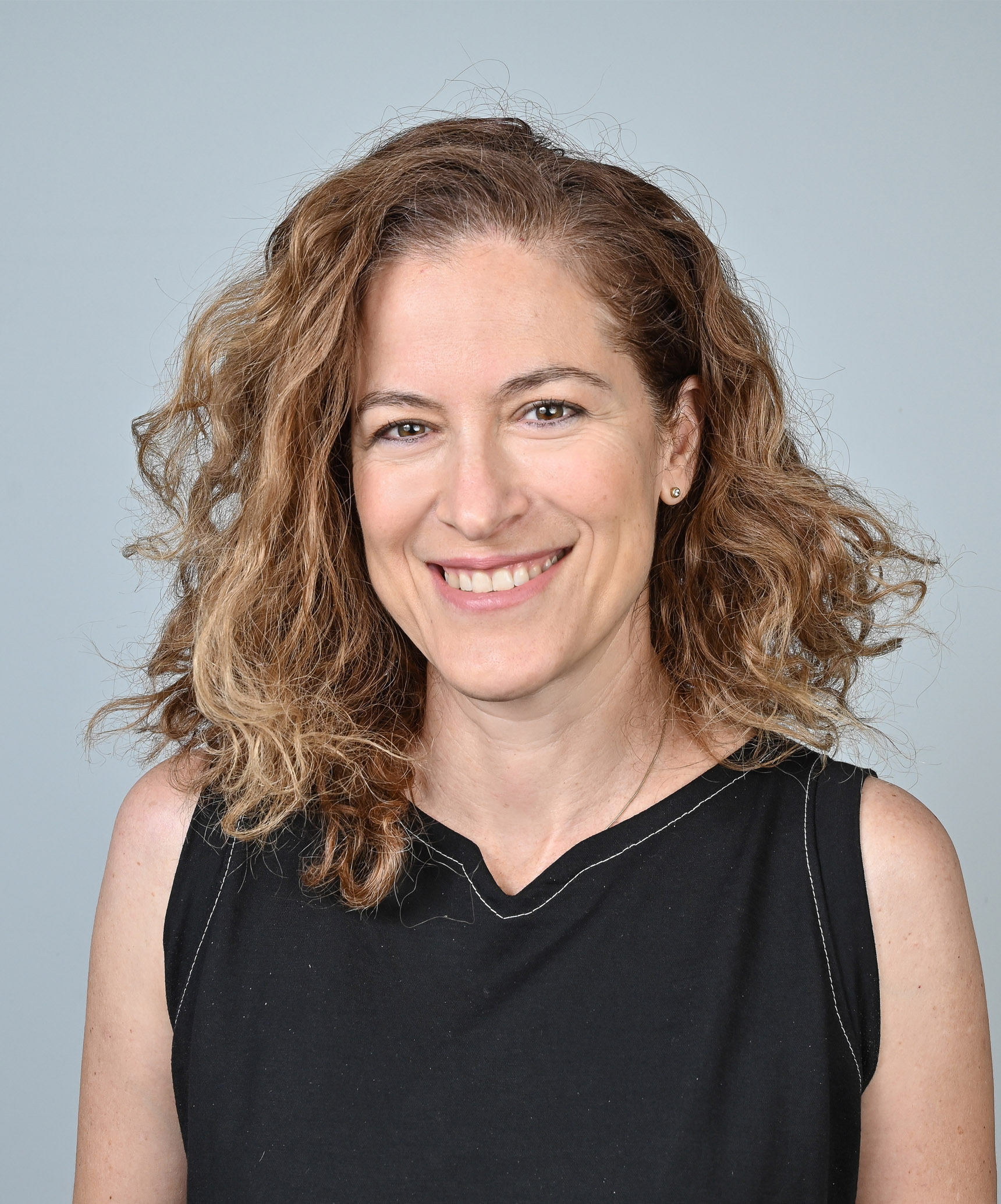
Dr. Yael Melzer
Researcher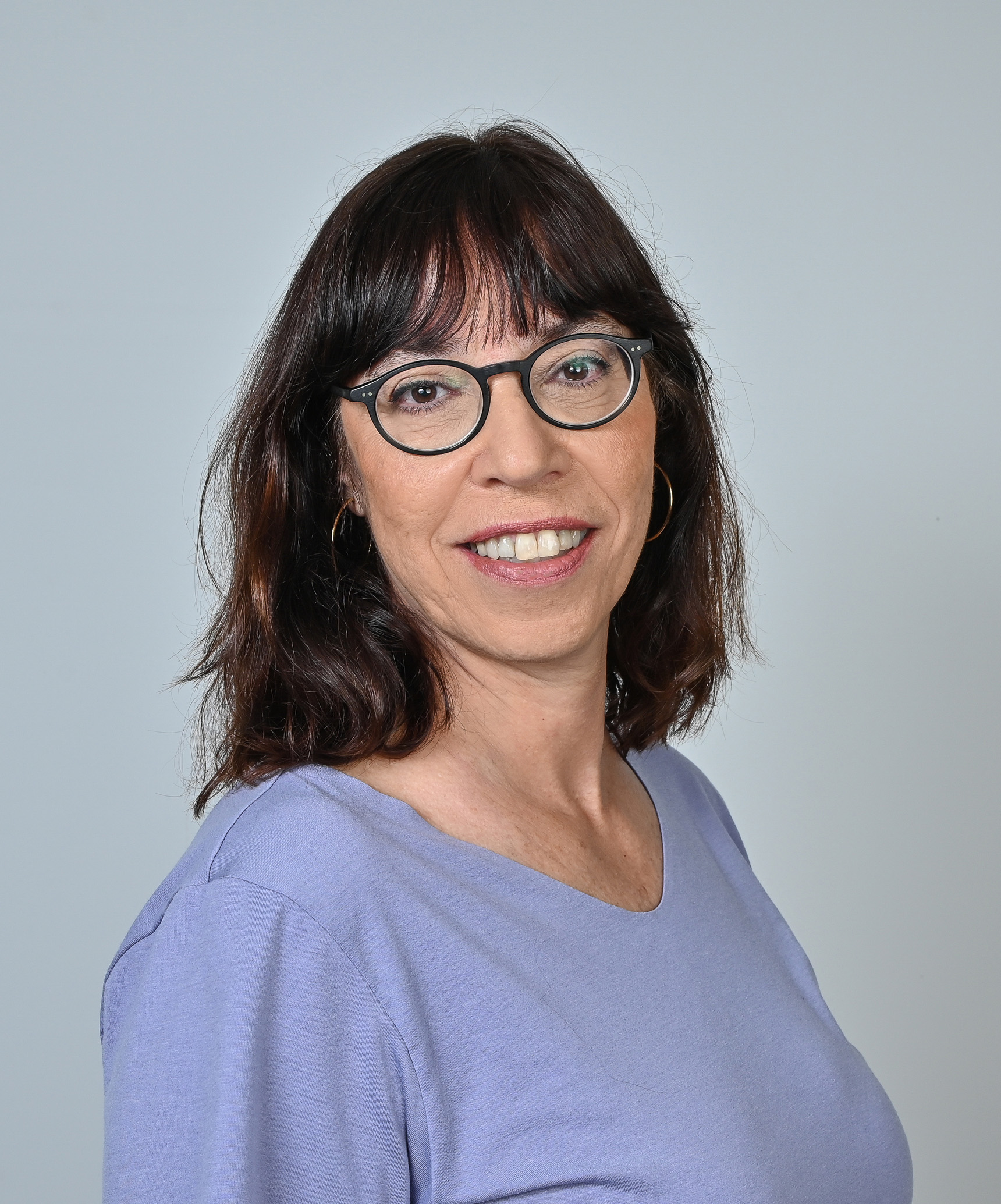
Yael Mishly
Researcher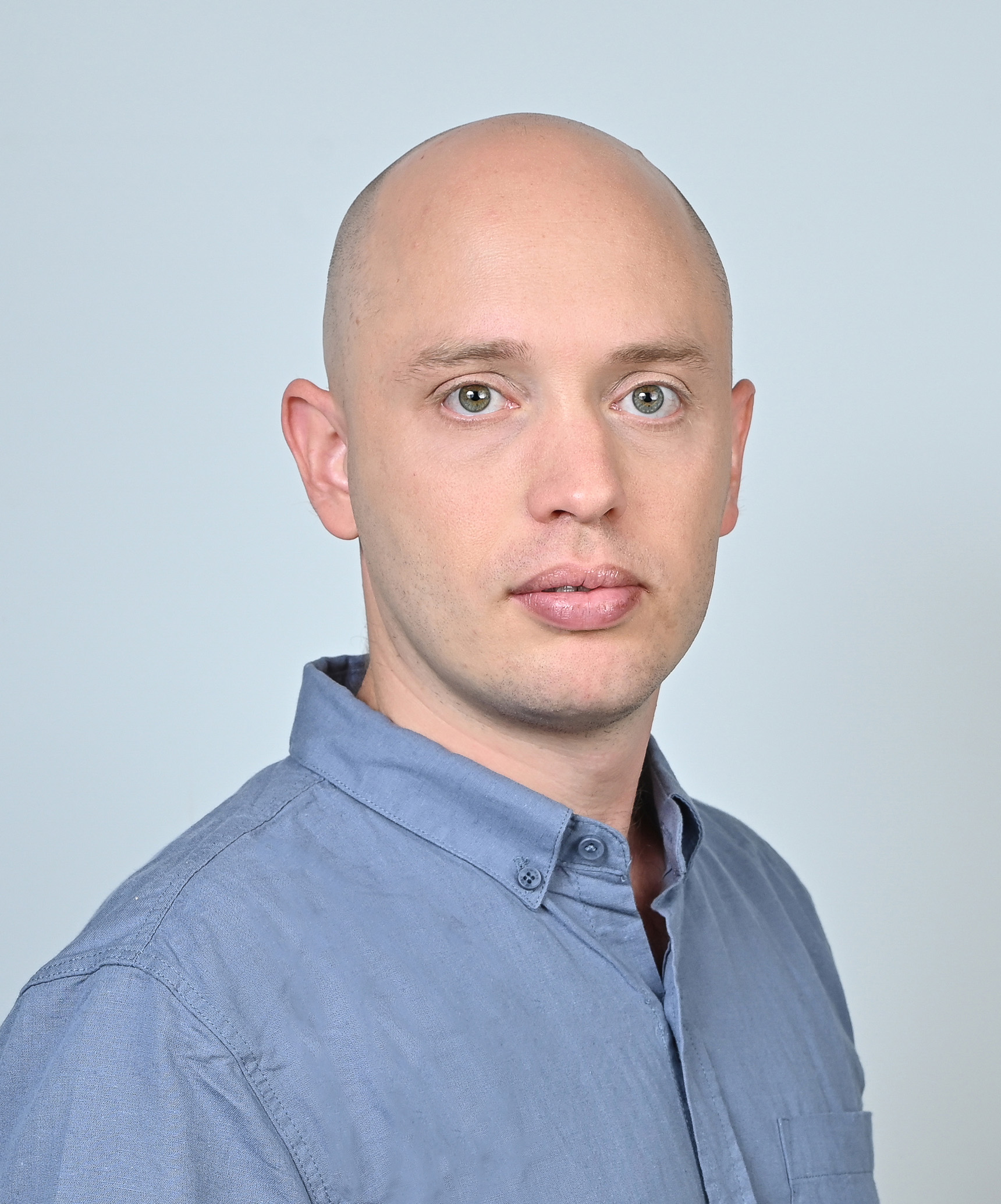
Yoav Tuvia
Researcher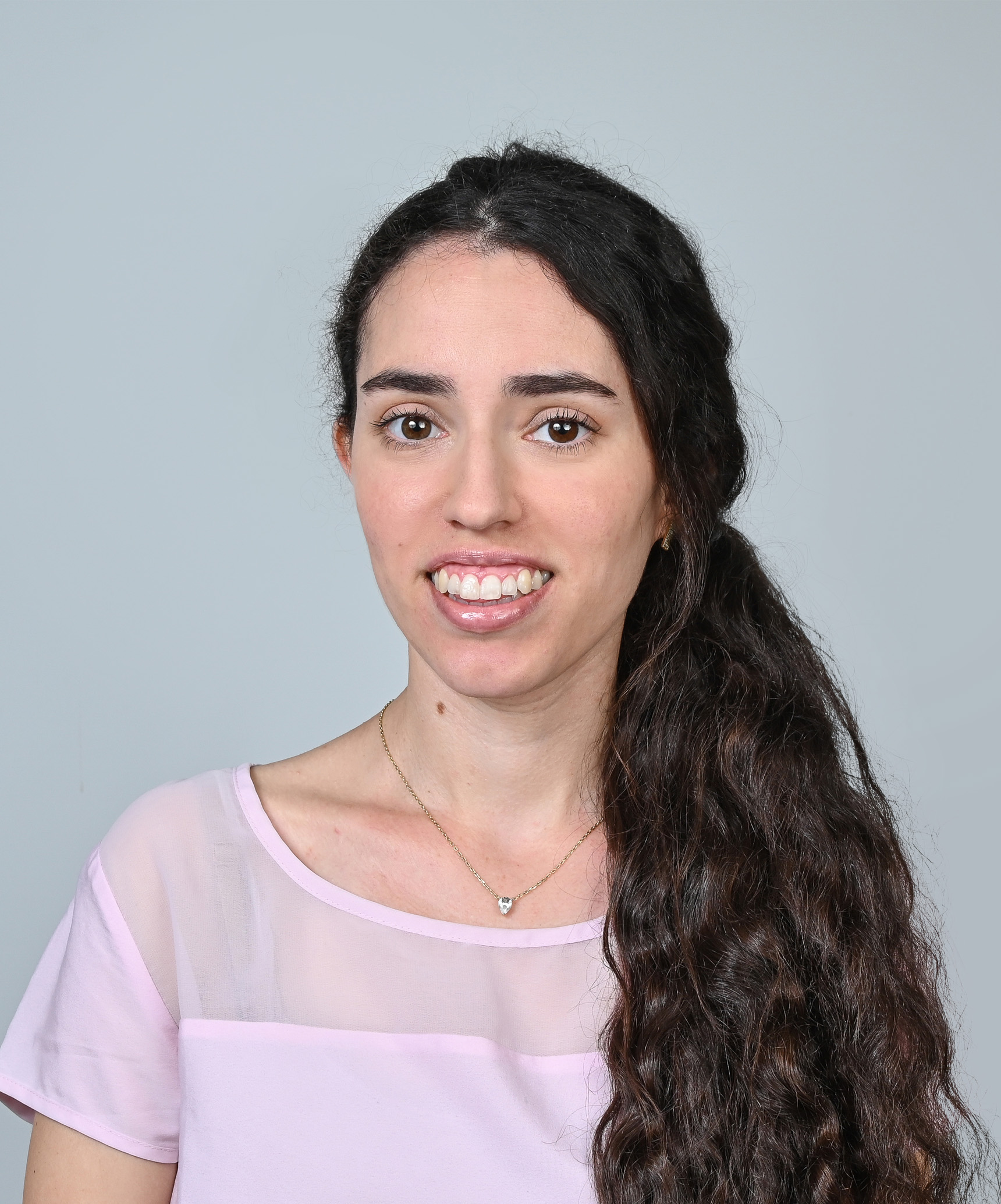
Ariela Savin
Researcher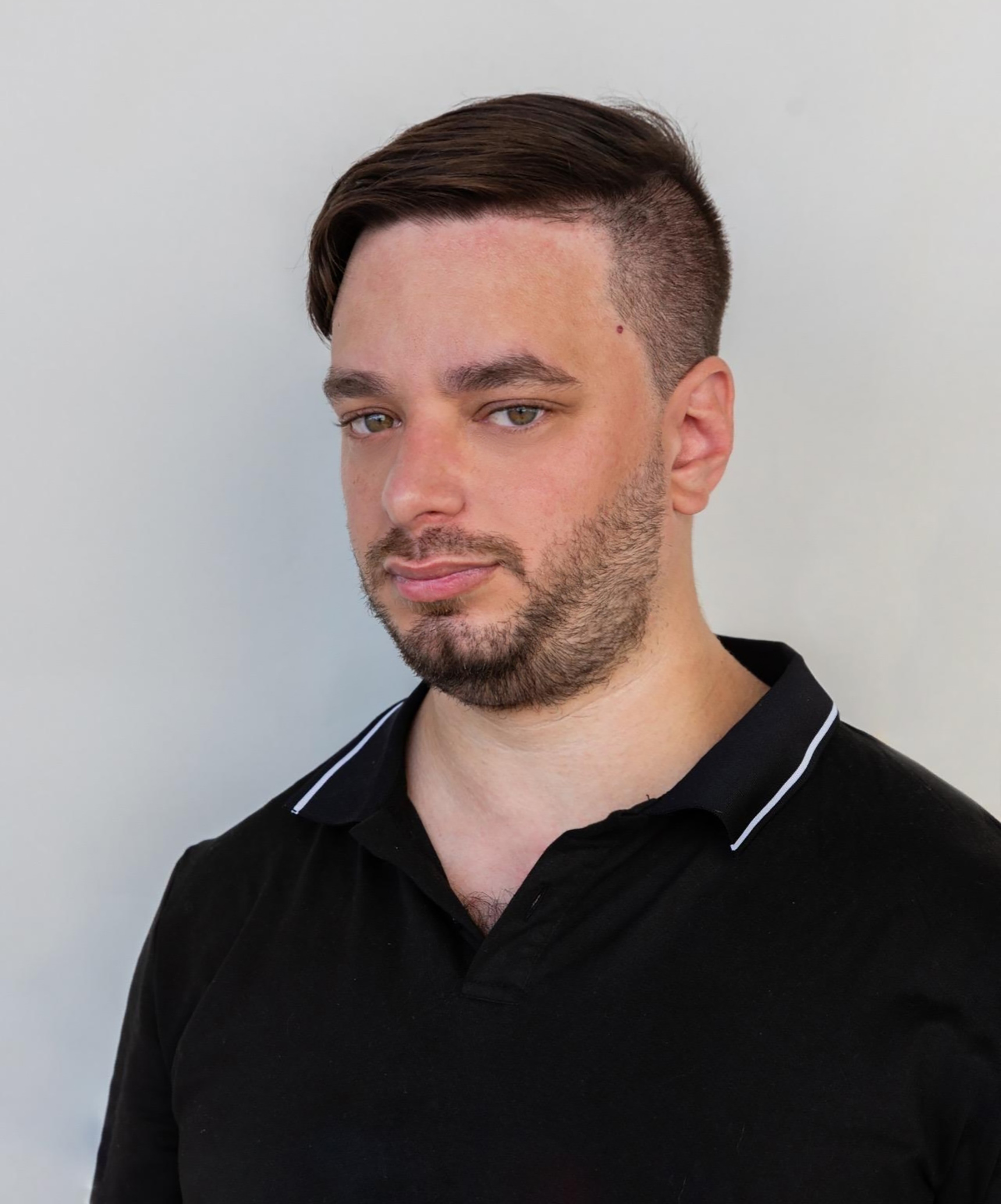
Yoel Cohen
Researcher
Daniel Weiser
Director of Strategic Partnerships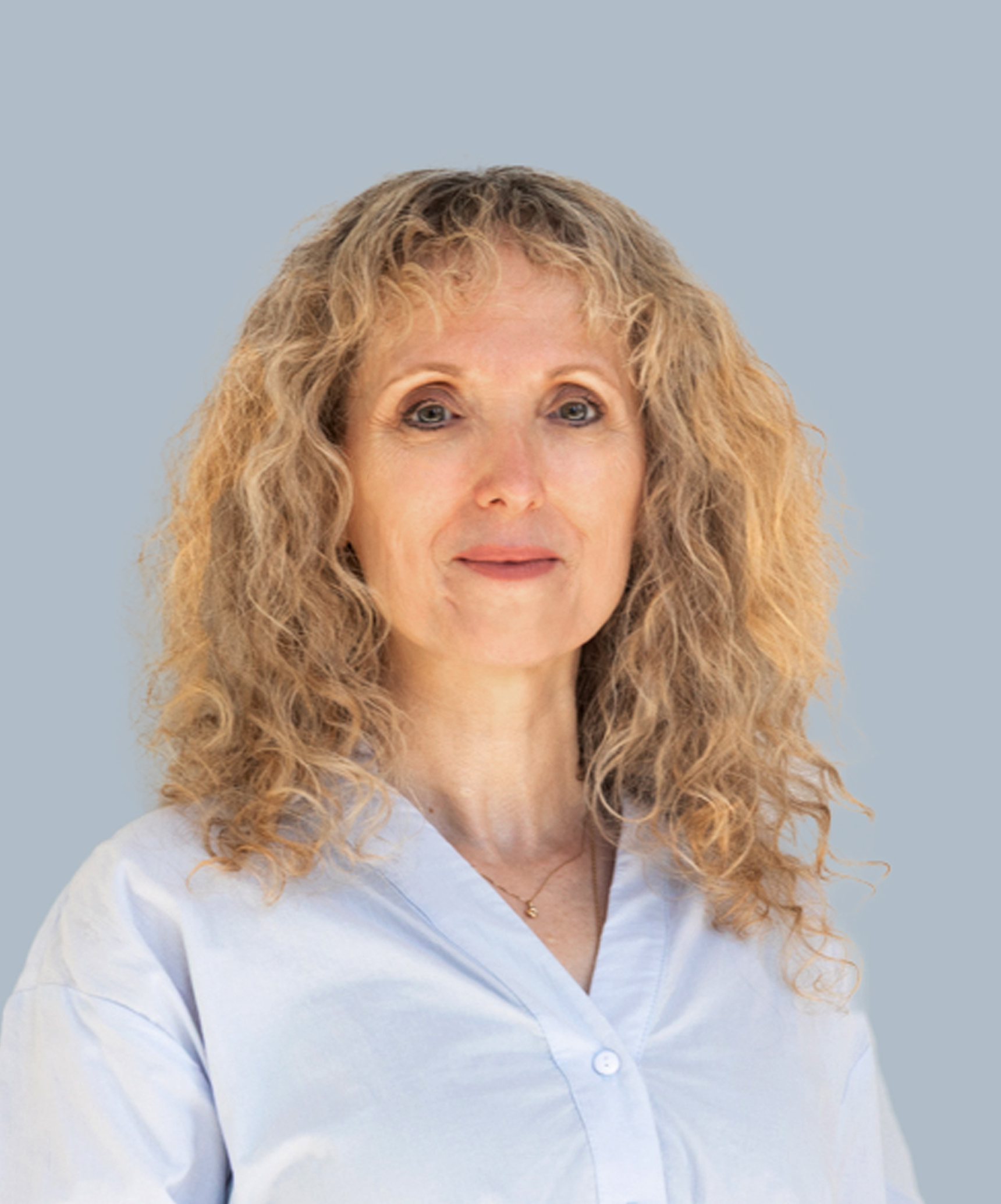
Lior Chanin
Marketing and Communications Director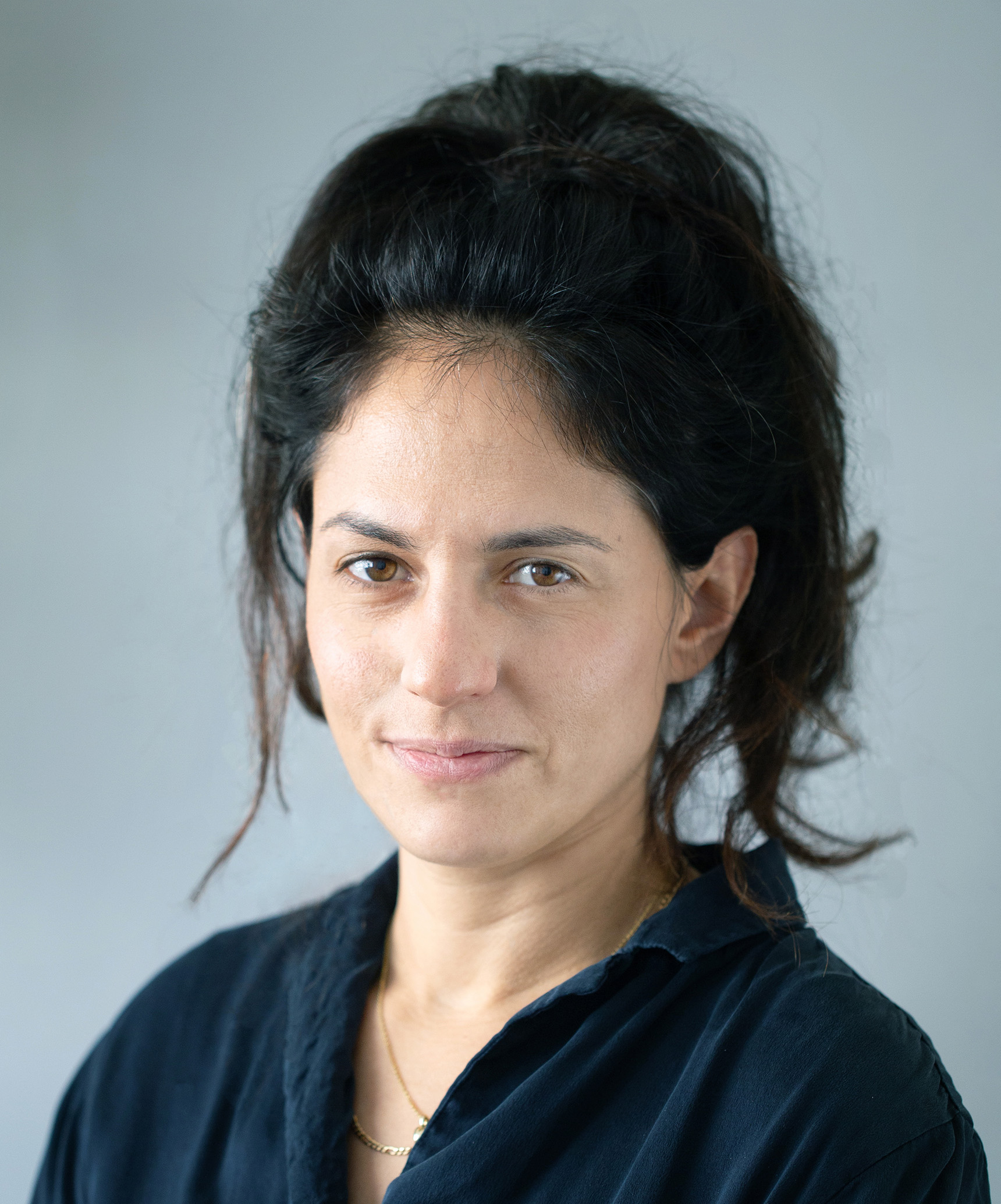
Gili Levinson
Digital Marketing Content and Design Specialist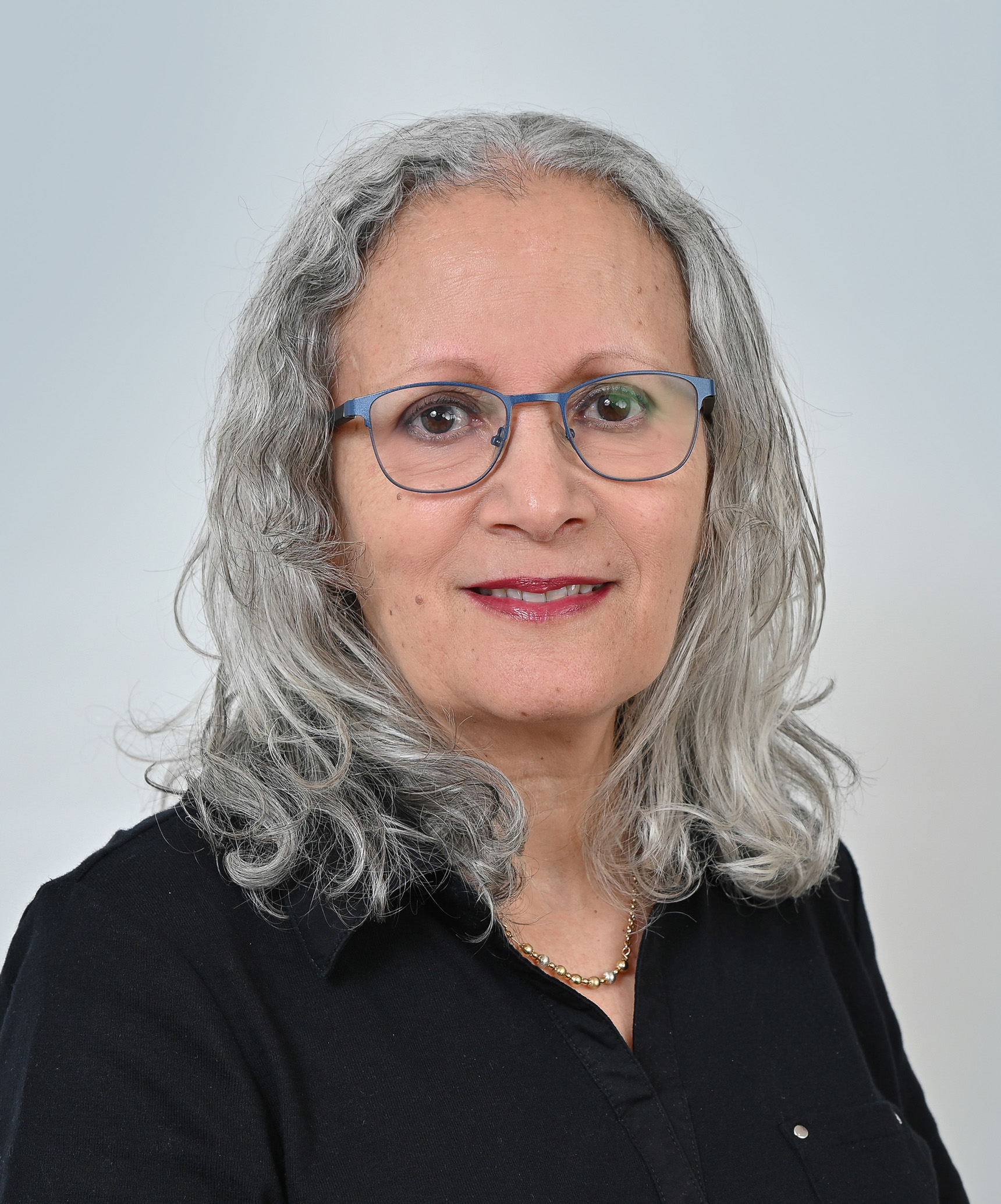
Dr. Mina Ben-David
Administration and Finance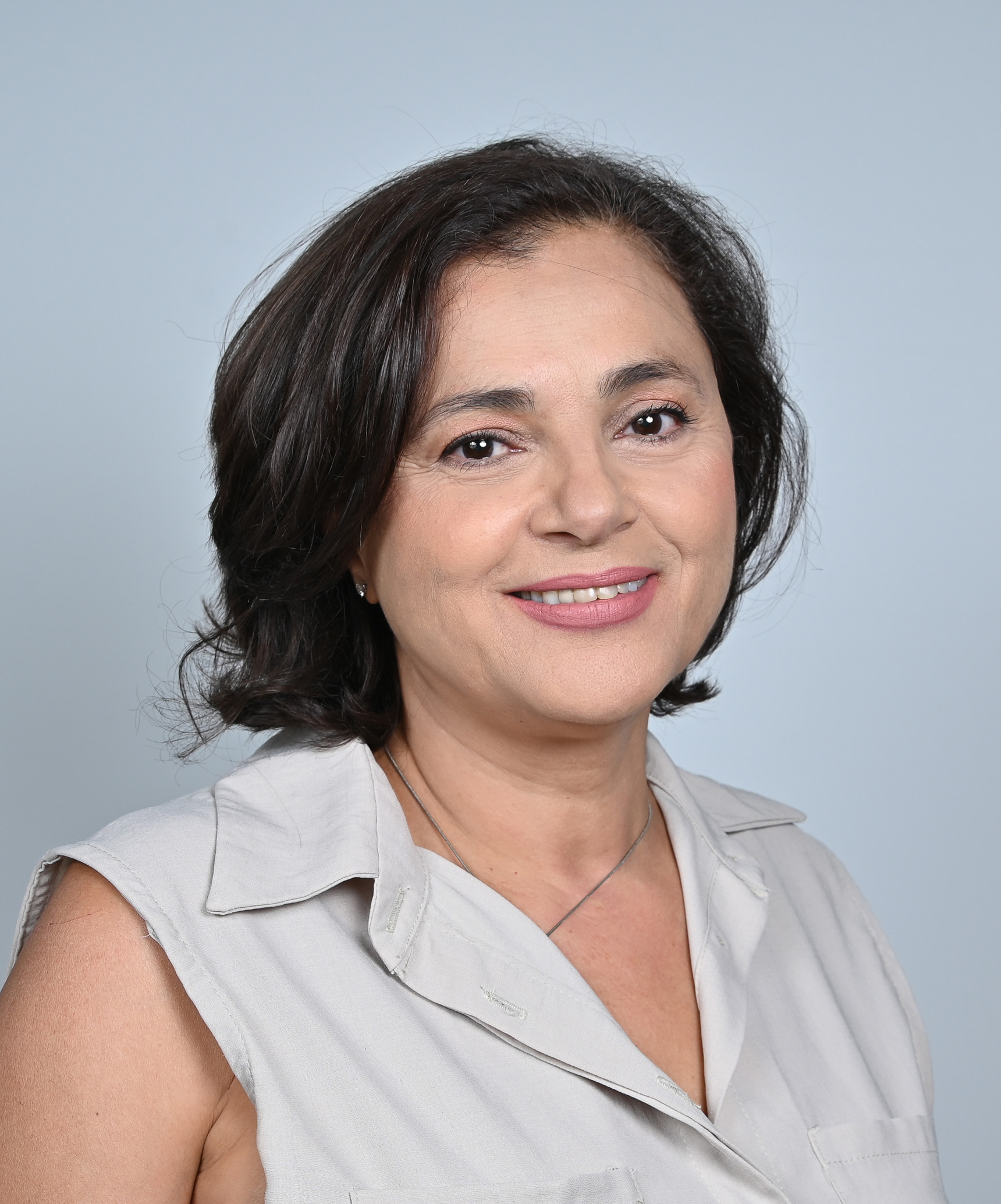
Rachel Zaken
Human Resources DirectorBoard of Directors
Dr. Zeev Feldman (chair)
Director of Pediatric Neurosurgery, Sheba Medical Center, Tel Hashomer and Vice Chairman of the Israel Medical Association
Professor Haya Stier
Departments of Sociology and Labor Studies, Tel-Aviv University
Dr. Avner Ahituv
CEO Water Israel and former general secretary of Kibbutz Ramat Yohanan
Audit Board
Eli Yeshurun, CPA
Financial Consulting and CFO services
Daniel Shejnberg, MBA
Retired, Managing member DSAM LLC
Academic Advisory Council
Dr. Henry Aaron
Brookings Institution
Professor David Autor
Massachusetts Institute of Technology
Professor Aaron Ciechanover
Technion
(Nobel Laureate and Israel Prize Laureate)
Professor Jacob Frenkel
JP Morgan Chase International and former Bank of Israel Governor
(Israel Prize Laureate)
Professor Claudia Goldin
Harvard University
(Nobel Laureate)
Professor Eric Hanushek
Stanford University and Hoover Institution
Professor James Heckman
University of Chicago
(Nobel Laureate)
Professor Joel Mokyr
Northwestern University
(Nobel Laureate)
Professor Howard Pack
University of Pennsylvania
Professor Steven Popper
RAND Corporation
Professor Assaf Razin
Cornell University and Tel-Aviv University
Professor Dan Shechtman
Technion
(Nobel Laureate and Israel Prize Laureate)
Professor Eytan Sheshinski
Hebrew University
Our Supporters in 2023-2025
The Shoresh Institution’s research and activities are made possible thanks to the generous support of our partners and donors and for whom we are deeply grateful. Shoresh supporters donating $1,000 and above are ordered alphabetically below:
Azrieli Foundation, Canada-Israel
Cheri Fox z"l
Cindy and Steven Franklin
Daniel and Deborah Palestrant
Ellie and Edgar Cullman
Jewish Community Foundation of Montreal
Jewish Federation of St. Louis
Josh Weston
Jusidman Foundation
Leslie & Mark Holz
Marc & Harriet Kaplan Suvall
Mick Davis
Roni Rubenstein and Barry Berson
Rosenzweig-Coopersmith Foundation
Sally Gottesman
Simcha Mordecai Ben Yacov David
The Diane & Guilford Glazer Foundation
Yaniv Zilberman
Philanthropic support of individuals and organizations enables the Shoresh Institution to conduct independent, path-breaking, socioeconomic policy research on the internal challenges that pose existential threats to Israel in the long-run. Our donors share our unwavering commitment to advancing evidence-based policies and public discourse to ensure a sustainable future for Israel and all its citizens.
We invite you to join our circle of supporters. Click here to learn about the ways you can make a donation today. Shoresh supporters contributing annual gifts of $1,000 and up are invited to be listed in this Shoresh website donor recognition section.